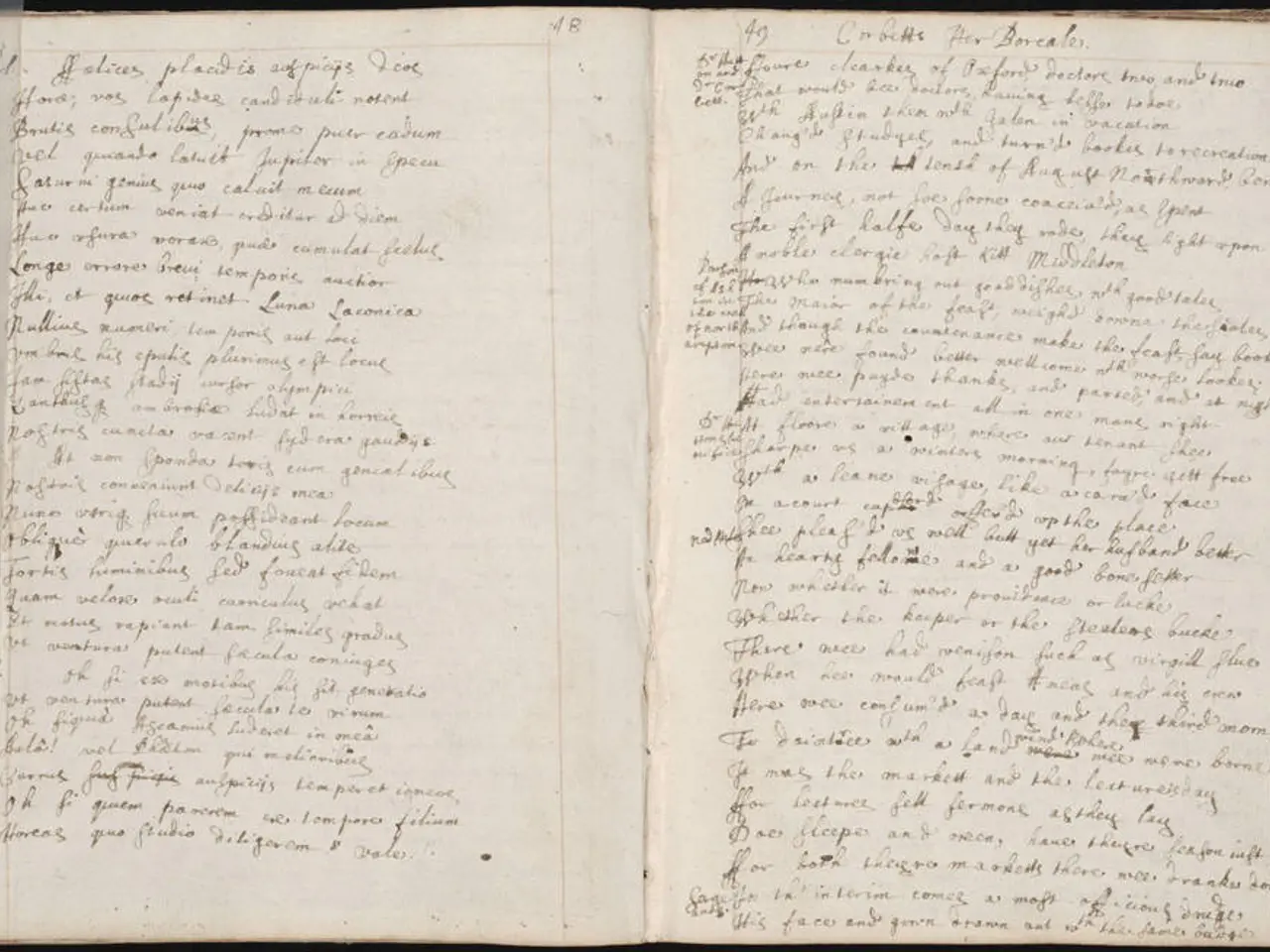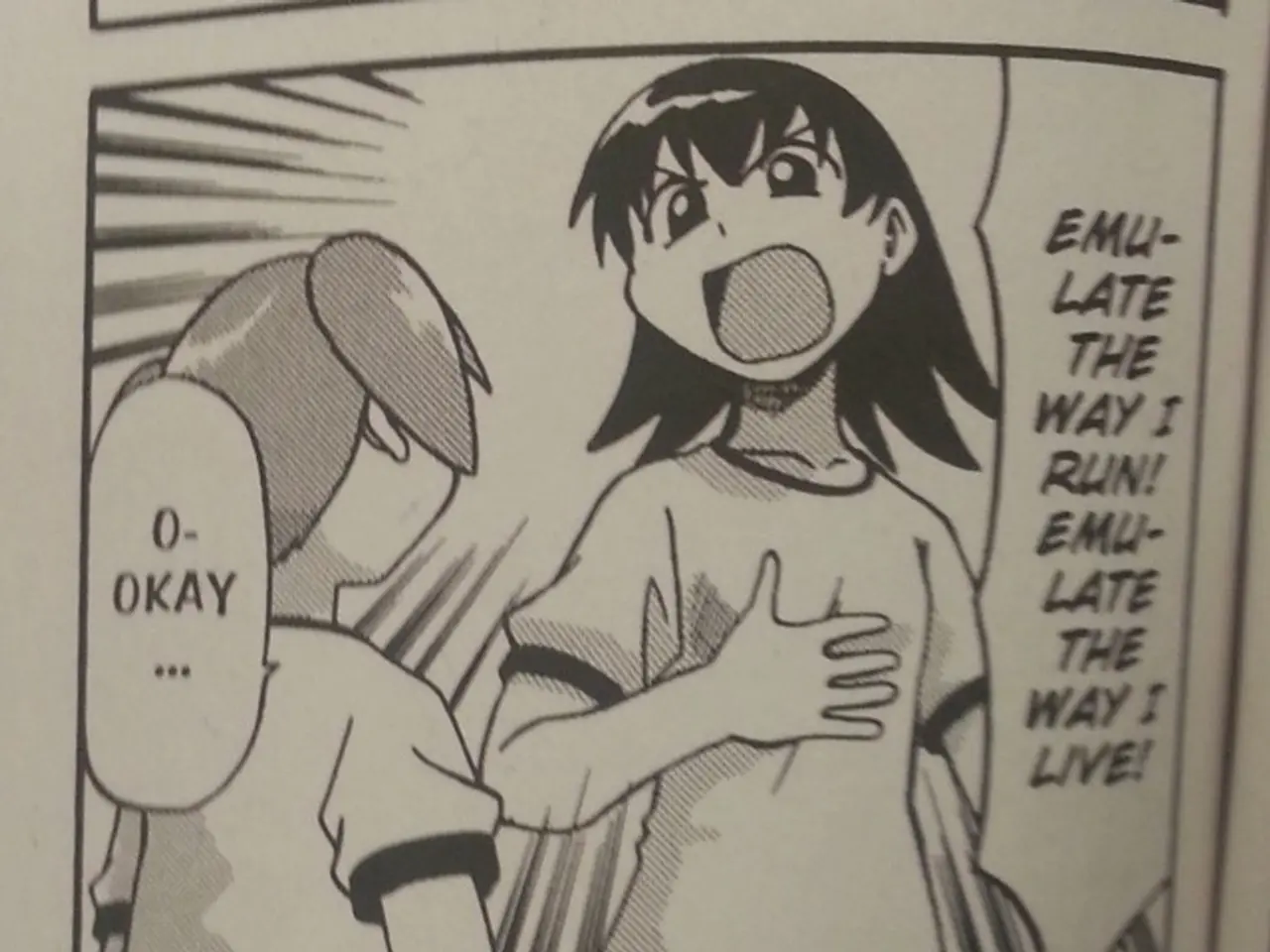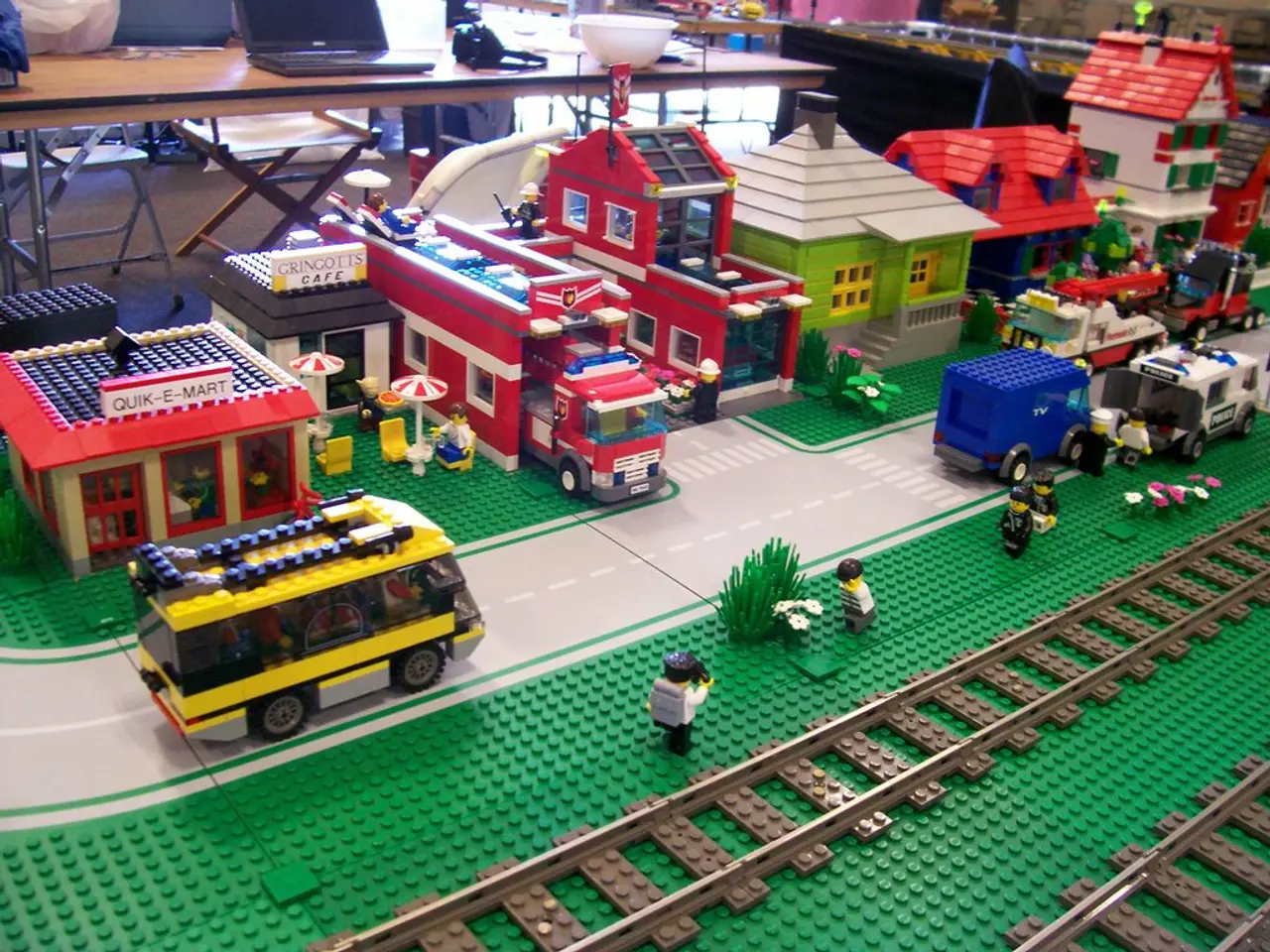Methods and Sample Inquiries for Consulting Tarot Cards: Guidelines and Illustrative Questions
Tarot Reading: Open-Ended Questions for Guidance
Looking to delve into the mystical world of tarot cards? This guide will help you phrase questions that will unlock the tarot's wisdom, providing you with insights and guidance for all aspects of your life.
Essential insights
- Start questions with open-enders like 'how', 'what', 'where', or 'why'.
- Avoid yes/no questions, as they may limit the tarot's answers.
- Focus on the present when crafting your questions for a more effective reading.
- General questions about your life path can reveal big-picture advice.
- Be cautious about asking questions about other people's feelings, as it may invade their privacy.
- Frame your questions positively and look for benefits/drawbacks or situations that need improvement.
How to ask open-ended questions
Choosing the Right Questions
- Open-ended Beginnings: Kick off questions with 'how', 'what', 'where', or 'why' to encourage thorough answers.Examples:
- "How can I escape from financial troubles?"
- "What areas should I focus on to attract more love?"
- "Where can I find opportunities to boost my career?"
- "Why do I feel distant from friends?"
- Focus on Today: Concentrate on the present when crafting questions as tarot readings can't predict the future with certainty.
- General Life Path: Ask open-ended questions about your general life direction if you don't have specific concerns for guidance.
- Seek Guidance: Phrase questions in a way that seeks guidance, rather than looking for the tarot to make decisions for you.
Types of Questions to Ask
Yes/No Questions
A yes/no reading can be a great starting point for beginners. Instead of a complicated spread with many cards, it involves asking a yes/no question and drawing just one card for a response.
Follow-up Questions
If the tarot's initial answer seems unclear, ask follow-up questions to gather more insight and clarity.
For example, if you pulled The Hanged Man and felt it didn't relate to your situation:
- "What does this card mean in my current situation?"
- "What actions should I take to overcome these feelings?"
Life Improvement
Ask about the ways you can improve specific areas of your life, such as personal appearance, relationships, or spirituality.
For example:
- "What can I do to boost my confidence?"
- "How can I strengthen my connection with friends and family?"
- "What spiritual practices can help me connect with my inner self?"
Breaking Down Issues
Instead of asking broad questions like "How can I break free from financial troubles?", try breaking it down into smaller, manageable steps:
- "Where can additional income come from?"
- "How can I save more money on a daily basis?"
Framing Your Questions Positively
Approach your questions with a positive mindset to focus on finding solutions rather than dwelling on problems.
- "What can I do to become a better public speaker?" instead of "Why am I bad at public speaking?"
- "How can I be more sociable?" instead of "Why can't I make more friends?"
Additional tips for your tarot reading
Utilizing Follow-Up Questions
If a card seems unclear or confusing, ask a follow-up question to gain more insight and clarity. Be mindful to make the follow-up question more specific, but still related to your original query.
- "Why does my spouse seem upset when I do x, y, or z?" instead of "Why does my spouse hate me?"
- "What can I do to bring more happiness into my life?" instead of "What's wrong with my life?"
Notice your reactions to cards
Pay attention to your emotional reactions when drawing specific cards. This can provide valuable insight into your feelings and help you choose follow-up questions that align with your emotions.
For example, if you draw The Hermit and experience feelings of loneliness or isolation, you might ask:
- "What can I do to find a sense of connection in my life?"
- "How can I embrace solitude and use it as a time for self-discovery?"
- "How can I make use of my curiosities to pursue a fulfilling education-and-self-development journey?"
- "What steps should I take to create a balanced lifestyle that includes both career advancement and travel experiences?"
- "What can I do to learn effective skills for enhancing my home environment, making it a more peaceful sanctuary?"







